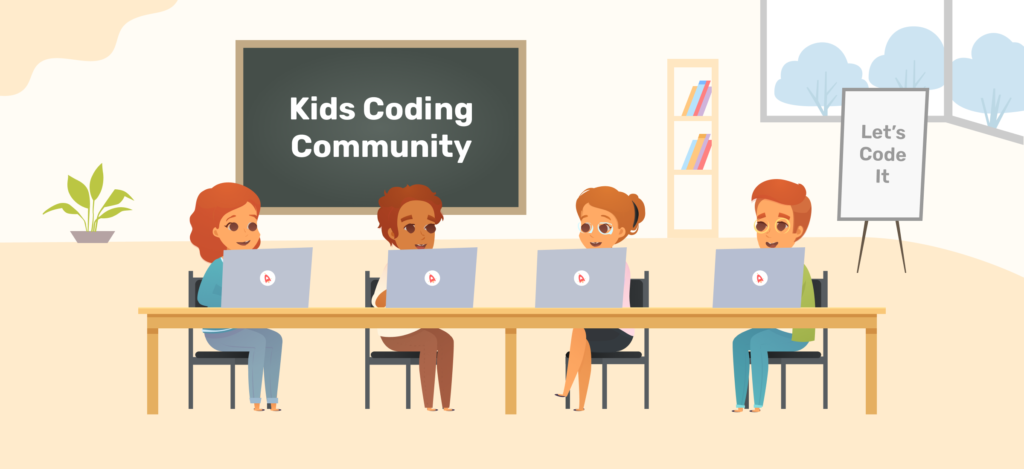
What are the compilation errors?
Compilation errors are errors which do not let the code run due to a syntax error.Example:missing semicolon, mismatched brackets
Compilation errors, also known as compile-time errors, are errors that occur during the compilation or translation of source code into machine code by a compiler. These errors prevent the successful compilation of the code, and the resulting executable program cannot be created until these errors are fixed.
Some common types of compilation errors include:
-
Syntax errors: These occur when the code violates the syntax rules of the programming language. For example, missing semicolons, incorrect variable names, or mismatched parentheses.
-
Type errors: These occur when the program tries to assign an incompatible data type to a variable or function parameter. For example, trying to assign a string value to an integer variable.
-
Semantic errors: These occur when the code is grammatically correct but doesn’t make sense logically. For example, dividing a number by zero.
-
Linker errors: These occur when the compiler cannot find a referenced function or object during the linking phase of compilation.
-
Preprocessor errors: These occur when there are issues with the preprocessor directives, which are instructions that are processed before the code is compiled. For example, including a header file that doesn’t exist.
It is important to fix compilation errors before running the program because these errors can prevent the program from running correctly or even cause it to crash.
Errors that occur when you violate the rules of writing syntax are known as Compile-Time errors.
Compilation error refers to a state when a compiler fails to compile a piece of computer program source code, either due to errors in the code, or, more unusually, due to errors in the compiler itself. A compilation error message often helps programmers debugging the source code.
- 14 Forums
- 1,836 Topics
- 5,052 Posts
- 0 Online
- 1,078 Members
